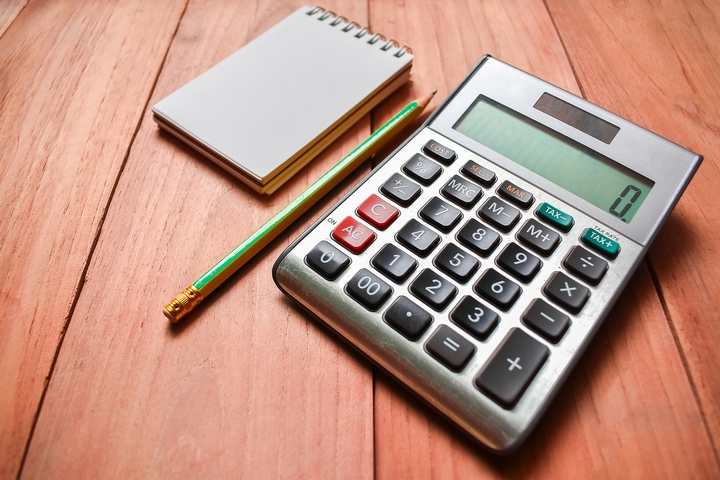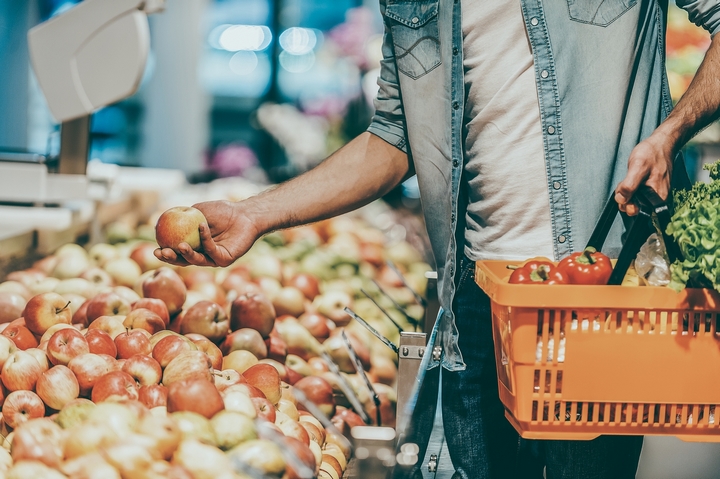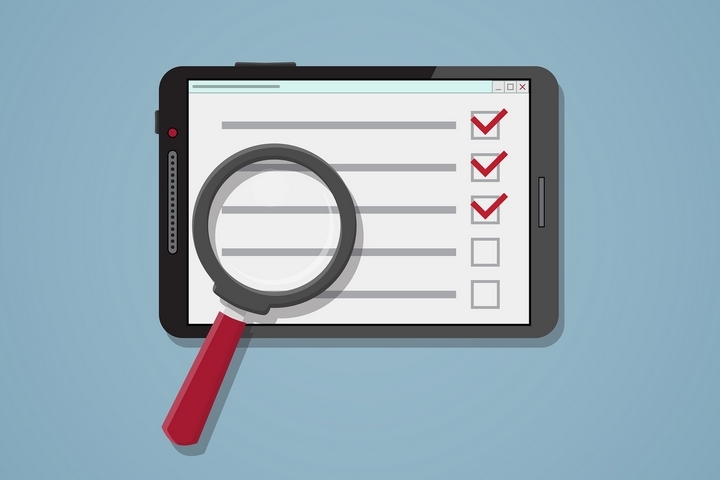Grocery shopping for just one person takes careful planning. Most portioned meals in the grocery store, including cuts of meat and prepared or frozen meals, are sized for two to four servings. And buying fresh food for one is a challenge, unless you are able to use it right away.
Whether you have just moved out of your family home, your family has downsized or you find yourself newly single, it can be an adjustment to prepare meals for one. While you want to be as healthy as possible, you also want to avoid waste.
How do you buy food wisely if you are only shopping for yourself? Even better, is there a way to plan meals that could actually save you money? If you’re single and shopping by yourself, you’ll want to know how to grocery shop for one. Here are nine tips on how to grocery shop for one:
1. Make a grocery list
 Having a list is helpful when you grocery shop for one. First, it keeps you focused and on-task, giving you direction in a store designed to distract you. Second, it helps you avoid over-spending on items you don’t need. And third, it helps to save time, so you don’t end up wandering the aisles, looking for anything that looks good.
Having a list is helpful when you grocery shop for one. First, it keeps you focused and on-task, giving you direction in a store designed to distract you. Second, it helps you avoid over-spending on items you don’t need. And third, it helps to save time, so you don’t end up wandering the aisles, looking for anything that looks good.
In the end, a grocery list will give you guidance and direction as you navigate the stores at Newmarket Shopping Mall. You’ll most likely return from your shopping excursion with healthier, more affordable items if you stick to a list.
2. Make a shopping budget
 Having a budget for groceries is always a good idea, but perhaps even more important when you are shopping by yourself. An overall plan for spending helps you identify how much you can afford to eat at restaurants and how much you can or should be spending at the grocery store.
Having a budget for groceries is always a good idea, but perhaps even more important when you are shopping by yourself. An overall plan for spending helps you identify how much you can afford to eat at restaurants and how much you can or should be spending at the grocery store.
With a weekly budget in mind, you can start to figure out how much to spend on longer-lasting dried goods versus fresh produce.
3. Plan a menu
 With a budget in mind, you’ll also want to plan your menu for the week. Knowing what you plan to eat for meals and snacks throughout the week is critical to know before you hit the grocery stores aisles, if you want to avoid over-spending.
With a budget in mind, you’ll also want to plan your menu for the week. Knowing what you plan to eat for meals and snacks throughout the week is critical to know before you hit the grocery stores aisles, if you want to avoid over-spending.
As you plan your meals for the week, remember to take your time into account. Do you have time to make spaghetti sauce from scratch, for example? If not, you may need to adjust your grocery list.
4. Shop for grocery staples
 When you go grocery shopping for one, be sure to include single-serving meals like cans of soup or chilli. Other useful staples that can be kept for many months include dried goods such as rice and pasta. These items are perfect when you’re cooking for one, as they can be made in almost any amount, without waste or leftovers.
When you go grocery shopping for one, be sure to include single-serving meals like cans of soup or chilli. Other useful staples that can be kept for many months include dried goods such as rice and pasta. These items are perfect when you’re cooking for one, as they can be made in almost any amount, without waste or leftovers.
5. Shop for fresh groceries
 As you walk the produce, deli and dairy sections of the grocery store, be on the lookout for ‘fresh’. While you can choose dairy and meat items with an optimal ‘packaged on’ or ‘best before’ date, you will need to use your senses when choosing the freshest produce. Look for firm-looking fruits and vegetables, free of mildew or wilting. Starting out with fresh food will help it to last longer.
As you walk the produce, deli and dairy sections of the grocery store, be on the lookout for ‘fresh’. While you can choose dairy and meat items with an optimal ‘packaged on’ or ‘best before’ date, you will need to use your senses when choosing the freshest produce. Look for firm-looking fruits and vegetables, free of mildew or wilting. Starting out with fresh food will help it to last longer.
6. Don’t go Hungry
 Everyone knows you are likely to buy more items on impulse if you go to the grocery store hungry. To avoid the extra calories and expense in your shopping basket, be sure to have a snack or meal before you hit the grocery store.
Everyone knows you are likely to buy more items on impulse if you go to the grocery store hungry. To avoid the extra calories and expense in your shopping basket, be sure to have a snack or meal before you hit the grocery store.
7. Look for discounted groceries
 Most grocery stores have a discount rack for produce that is wilting or generally past its prime. Be sure to look for items you may be able to use right away. This may be an ideal way to save a bit of money when you go grocery shopping for one.
Most grocery stores have a discount rack for produce that is wilting or generally past its prime. Be sure to look for items you may be able to use right away. This may be an ideal way to save a bit of money when you go grocery shopping for one.
8. Use your freezer to store groceries
 When it comes to cooking single servings, your freezer is your friend. Not only does it allow you to preserve bread and other goods that are about to go off, but it also allows you to cook in bulk. When making your favourite chilli, lasagna or soup, simply make a double batch, store leftovers in small containers, label and organize so they are easily found later.
When it comes to cooking single servings, your freezer is your friend. Not only does it allow you to preserve bread and other goods that are about to go off, but it also allows you to cook in bulk. When making your favourite chilli, lasagna or soup, simply make a double batch, store leftovers in small containers, label and organize so they are easily found later.
9. Buy groceries in bulk
 While there are plenty of things you shouldn’t buy in bulk when you grocery shop for one, it makes sense to buy the non-perishables this way, especially if they are on sale. Paper towel, dish soap, toilet paper and cereal are a few examples of things that keep well and can easily be bought in bulk.
While there are plenty of things you shouldn’t buy in bulk when you grocery shop for one, it makes sense to buy the non-perishables this way, especially if they are on sale. Paper towel, dish soap, toilet paper and cereal are a few examples of things that keep well and can easily be bought in bulk.




